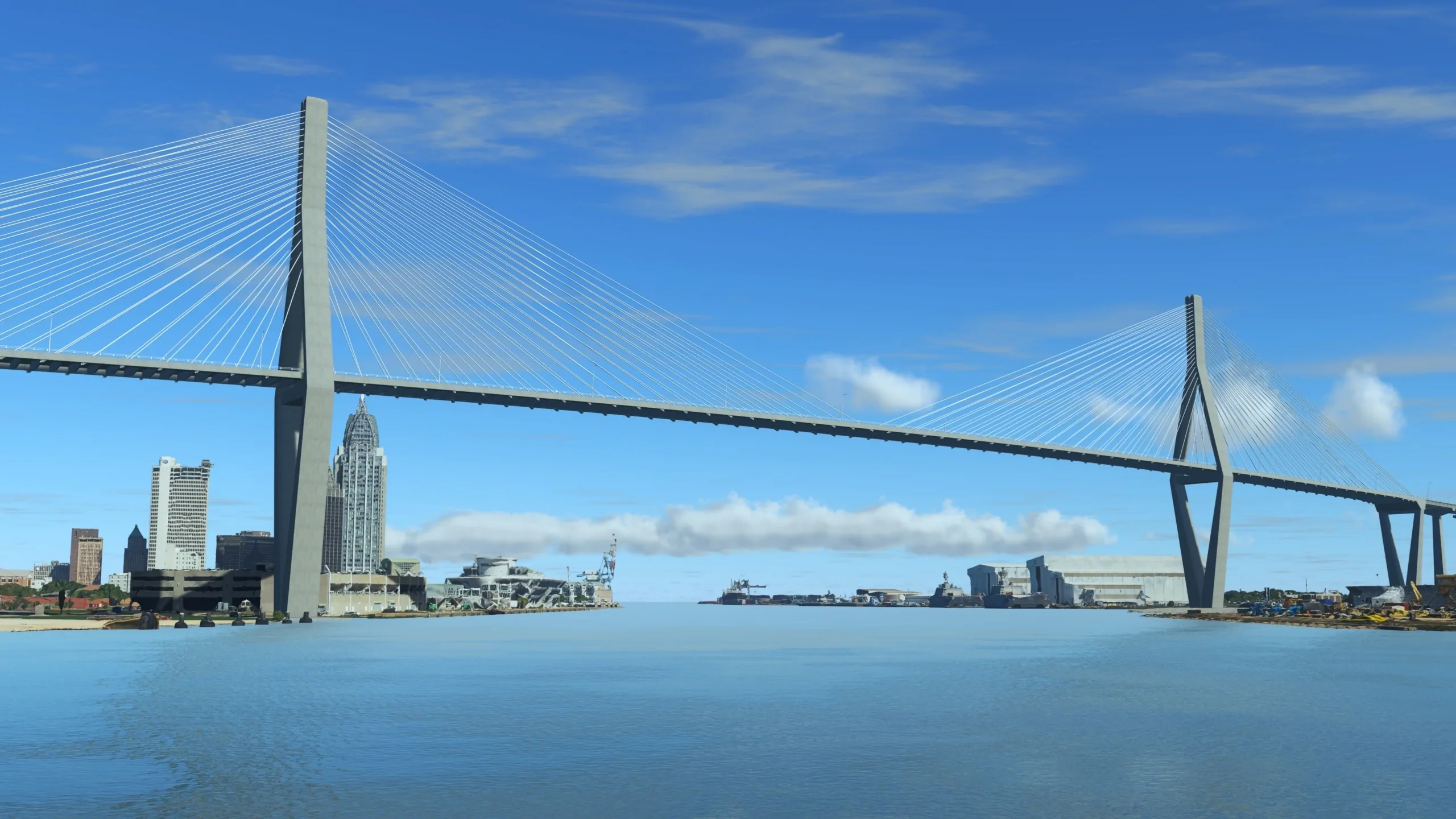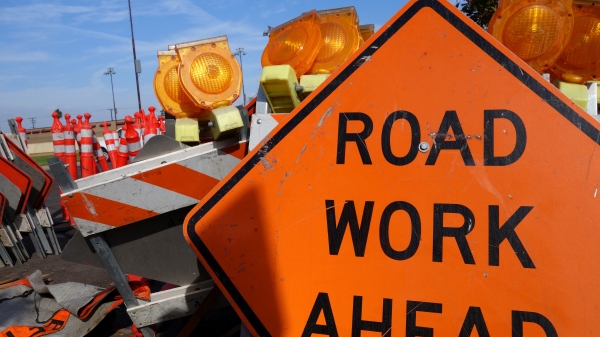The Eastern Shore and Mobile Metropolitan Planning Organizations (MPOs) are giving the Alabama Department of Transportation a list of unanimously-supported requirements – including the guarantee of no-toll options – needed for a new Mobile River Bridge and Bayway.
In the absence of MPO approval within the next few months, the project is at risk of losing $125 million in federal funding secured by U.S. Senator Richard Shelby. Loss of federal funding would make completion of the project in the future more difficult and expensive to local citizens.
The locally-supported requirements would enable the entire project to be built within five years, rather than the projected 25 years it would take to build the project in three separate phases under an earlier proposal.
“This framework is a major step that allows us to move forward with a long-term solution,” said Fairhope City Councilman Jack Burrell, who chairs the Eastern Shore MPO. “I’m pleased that we will be able to ensure toll-free routes and cut toll rates by more than half from a previous proposal. Ultimately, any final project will need to work for the citizens of Baldwin County, and the Eastern Shore MPO will work to make sure that it does. At this point, doing nothing is not an option we can even consider.”
“I believe this framework is our best chance to move forward with a new Mobile River Bridge and Bayway,” said Mobile Mayor Sandy Stimpson, who serves as the chairman of the Mobile MPO. “It could be a long time before we have another chance like this to build a new bridge and Bayway, and ultimately all parties involved will have to come together on a path forward very soon. Solving our region’s traffic problems is critical to our long-term success, and we can’t afford to miss this opportunity.”
With MPO support of this framework, ALDOT will present the MPOs with a plan that meets these local requirements, which the MPOs will need to vote to approve in early 2022.
The MPOs’ proposed framework follows:
First, we believe a long-term, comprehensive solution should happen now instead of a piecemeal, phased-in approach that will take 25 years to complete. The traffic congestion in our area will only get worse if we wait or do nothing.
Second, we believe both the state and federal governments should contribute significant funding to any solution. In addition, we expect the state to contribute at least $250 million to this project, which would make it one of the largest state projects ever. We expect $125 million in federal funds will be completely expended on this project, and we expect all efforts will be made to maximize additional federal funding.
Third, any final plan must include no-toll options for passenger vehicles. We dislike tolls and strongly prefer that the project be built without them, but existing funding sources are not sufficient to build the comprehensive solution our area needs. Our citizens must always have a choice to use free, no-toll options.
Fourth, any toll considered should not exceed $2.50 for passenger vehicles. Tolls should only be levied on new infrastructure and toll revenue must pay down project debt. Tolling should end when original debt is paid, and any new federal or state funding should be used to pay down project debt in order to reduce tolling cost or duration. Revenue from this project should be used to pay for this project, not for other purposes.
Fifth, this must be a publicly owned project. No foreign or domestic corporation should own the infrastructure. Within these parameters, we support:
- A comprehensive solution that includes a new, six-lane Mobile River bridge, a new Bayway built to current safety and longevity standards, and appropriate interchanges in Baldwin and Mobile Counties that can be completed in five years.
- No-toll options for passenger vehicles crossing Mobile Bay with the causeway, the Wallace Tunnel, the Bankhead Tunnel, and the Africatown Bridge, at a minimum, remaining toll-free.
- Opportunities for citizens to provide input before the project moves forward.
- Any passenger vehicle should be allowed to use all new infrastructure for a charge of $2.50 or less rather than use the toll-free options if they choose.






















































